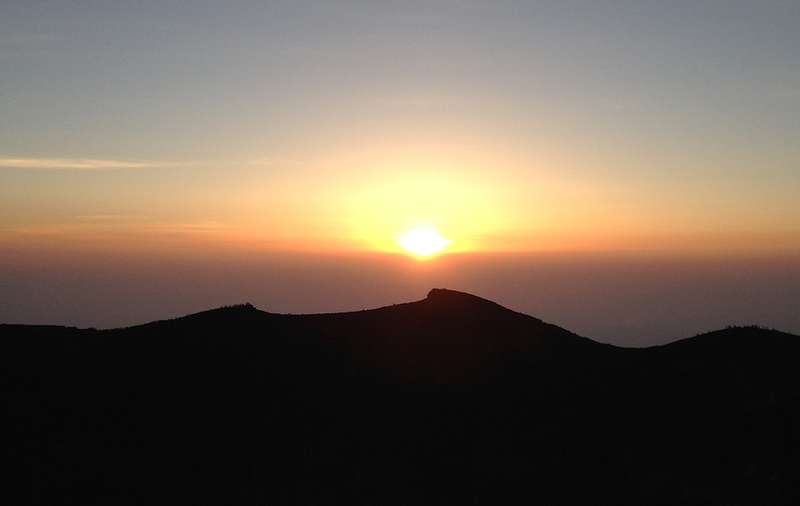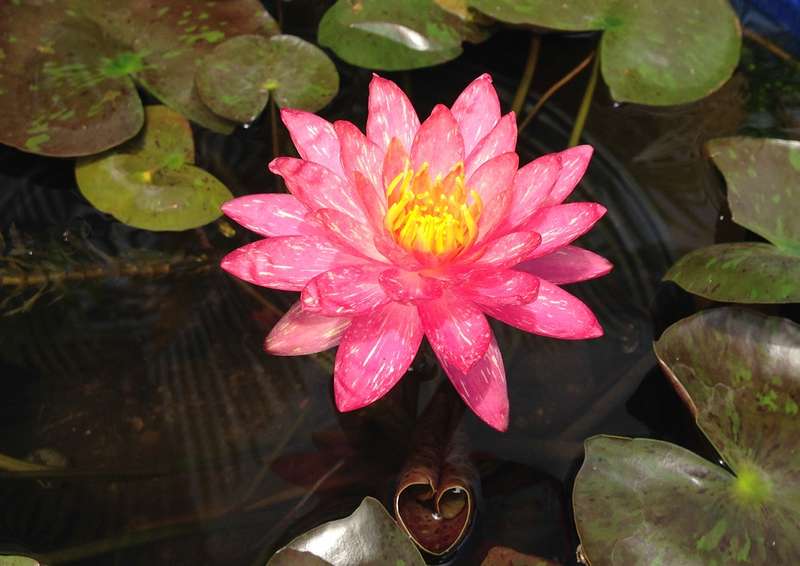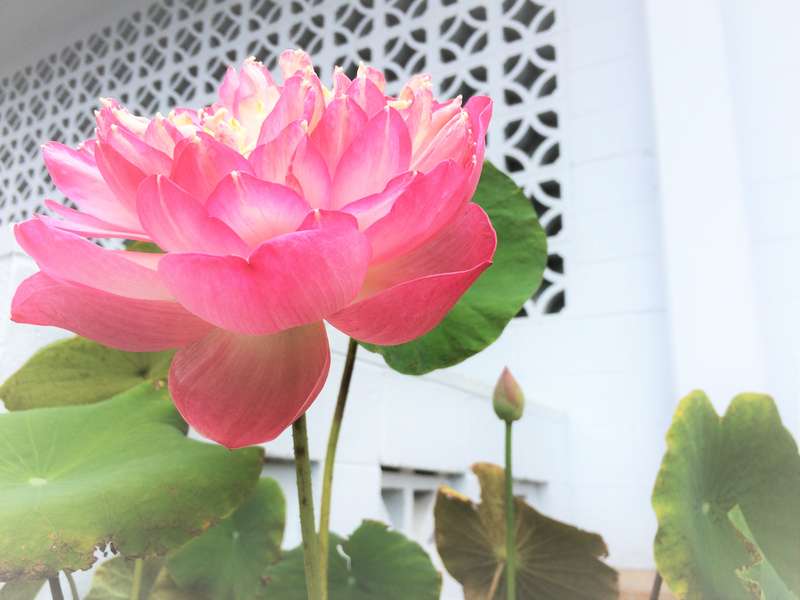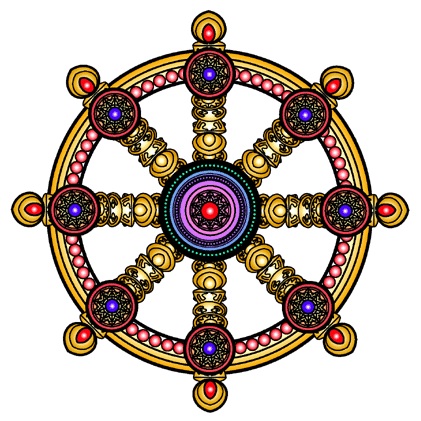 Buddhism is a way of life that came into being over 2,500 years ago in India. Since then, it has spread throughout Asia and into other parts of the world as well. Buddhism as it is practiced today has three major streams. Theravana Buddhism (the teaching of the Elders) is the oldest stream and can be found in Asia countries like Sri Lanka and Thailand in the south. Mahayana Buddhism is the Buddhism of norther Asia counties like China, Korea, Vietnam, and Japan. The third stream is Vajrayana, the Buddhism of Tibet.
Buddhism is a way of life that came into being over 2,500 years ago in India. Since then, it has spread throughout Asia and into other parts of the world as well. Buddhism as it is practiced today has three major streams. Theravana Buddhism (the teaching of the Elders) is the oldest stream and can be found in Asia countries like Sri Lanka and Thailand in the south. Mahayana Buddhism is the Buddhism of norther Asia counties like China, Korea, Vietnam, and Japan. The third stream is Vajrayana, the Buddhism of Tibet.
Buddhism evolved out of a wish held by the Buddha to overcome the suffering he had experienced in life. It was not his intention to create a new religion. He did not establish temples. He did not build altars nor organize rituals. What he taught was based upon what he had learned from others, but more importantly, from the experience in his own life.
The Buddha was born as Siddhartha Gautama, a prince in a kingdom in northern India. As one designated to be a future king, he was given all the education and training befitting him, but also sheltered from the unpleasant experiences of life. He was so protected, in fact, that he knew nothing of such everyday experiences as illness, aging, and death until he was well into his teenage years. Upon seeing illness for the first time, he questioned whether the sick brought that upon themselves or not. He then understood that all living things had to endure illness. The same questioning came regarding aging and death, and he asked himself why one had to be born into human life only to suffer from one painful experience to the next. He then encountered a monk with a peaceful countenance whom he was told was walking the spiritual path, searching for answers to the mysteries of life. And in this monk, he saw his future. Therefore, rather than succeeding his father as king, he found a more important quest, namely discovering a way to end suffering.
At age twenty-nine, he left the palace, his family, and all the the status and comforts of royalty, and embarked on his spiritual journey, eventually joining a group of five monks engaged in severe ascetic practice. Through fasting and meditation and subjecting his body to all types of austerities, Gautama continued his search for spiritual insight. But after six years, he was reduced to skin and bones, and on the verge of death. Reflecting on his life up to that point, he realized that he had been living at both extremes and that neither was conductive to awakening. It is here that he decided on the middle path, avoiding both luxury and self-renunciation. And with a clarity of thought, he sat meditating under what was to become known as the Bodhi tree to reflect on the meaning of life.
It was through this period of meditation in which he reflected on life's experiences that Gautama was able to attain enlightenment and become known as the Buddha, the Awakened One. The content of that awakening was initially expressed in his first teaching in which he explained the Four Noble Truths: Life is suffering; there are causes to that suffering; there can be an end to suffering; and that there is a path leading to the end of suffering.
The original word for suffering is "dukkha," often expressed as a wheel whose hub is off-center, symbolizing our lives, that do not turn smoothly. Before his awakening, we can presume that the Buddha saw life as we do, believing that any experience of suffering is that result of external forces. Therefore, we think we suffer because illness comes to us from outside. We suffer because people are unkind or because thy do not understand us, and so on.
He could not deny the fact that life was impermanent, and its transient nature brought about all suffering. No matter how hard we try to hold on to our health, we get sick; no matter how hard we try to hold on to our youth, we grow old; and no matter how hard we try to hold on to the people we love, death brings separation and ultimately our own demise.
He also realize that this impermanence was neutral. The changes that resulted were not necessarily good or bad in and of themselves, though they are labeled as such depending on our reaction to them. The cause of suffering, therefore, lies totally in ourselves, in our reactions to those changes. Suffering is caused by our own ignorance of the reality of impermanence. And since we are the cause of our own suffering, that suffering can be overcome. The way to overcome that is the Eightfold Path, the fourth aspect of the Four Noble Truths.
The path which encourages right understanding, thinking, speech, conduct, liveihood, endeavor, mindfulness, and meditation is meant to provide us with a new perspective on life, that promotes wisdom and compassion in our interaction with the world around us, and ultimately leads to happiness and a definite meaning in our own lives.
 The Buddha attained his enlightenment at the age of 35, and for the next 45 years, shared his understanding of life with everyone he encountered. The truths he awakened to came from his own experiences in life. As a result, there is no acknowledgement of gods. Buddhism is focused on this life and has no definitive view of creation or afterlife. Heaven and hell, therefore, are conditions we crate here and now; not a reward or punishment after death, and in that respect, Buddhism does not fit into the normal definition of a religion. There are no commandments or beliefs its followers must hold to. Simply stated, it is a way of life that enables us to discover the meaning of our birth as human beings and the true joy of living.
The Buddha attained his enlightenment at the age of 35, and for the next 45 years, shared his understanding of life with everyone he encountered. The truths he awakened to came from his own experiences in life. As a result, there is no acknowledgement of gods. Buddhism is focused on this life and has no definitive view of creation or afterlife. Heaven and hell, therefore, are conditions we crate here and now; not a reward or punishment after death, and in that respect, Buddhism does not fit into the normal definition of a religion. There are no commandments or beliefs its followers must hold to. Simply stated, it is a way of life that enables us to discover the meaning of our birth as human beings and the true joy of living.
( Texts from "Higashi Honganji (Shinshu Honbyo) by Shinshu Otani-ha, Higashi Honganji )
